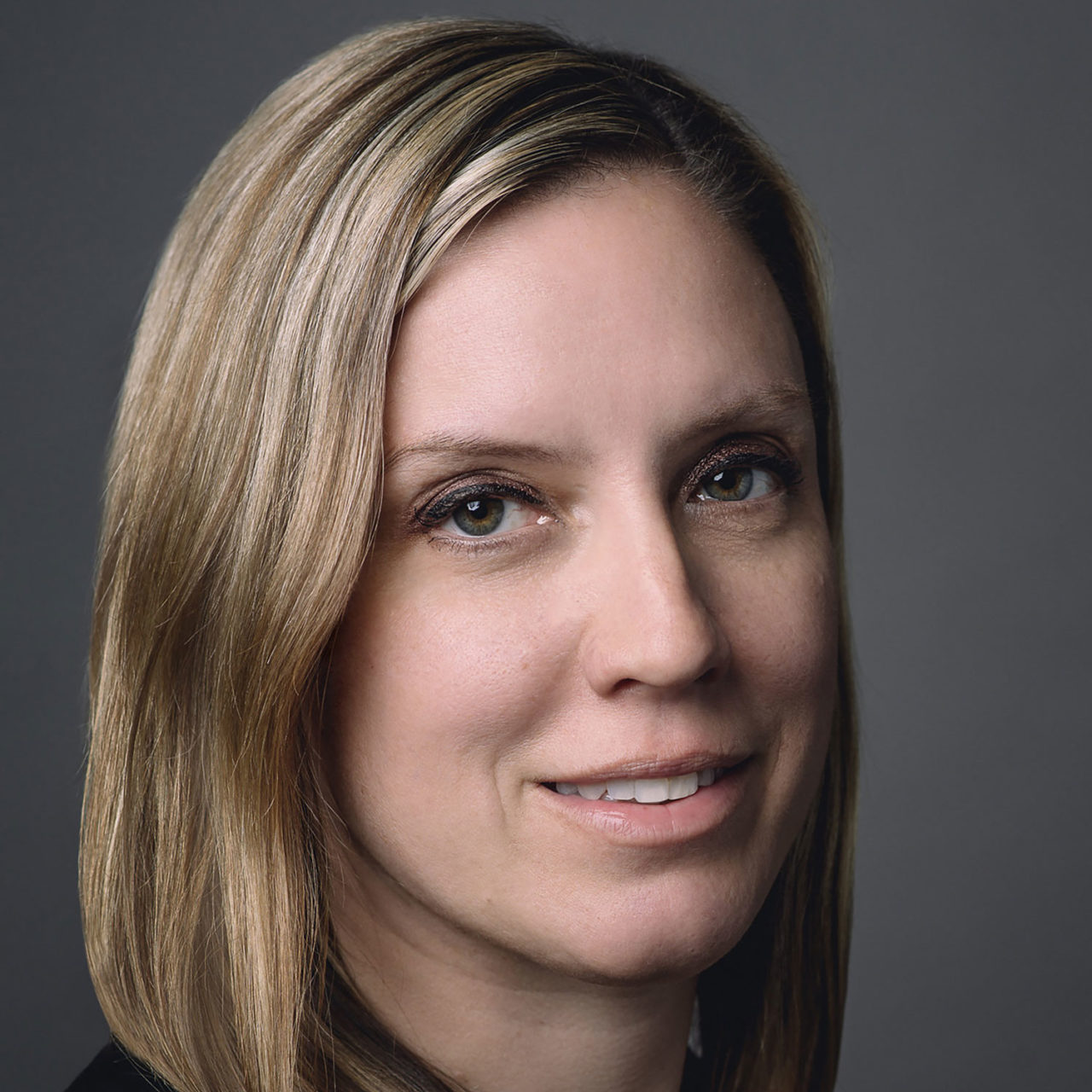by: AIA New York
Alexandra Barker, FAIA, LEED AP, Principal of Barker Associates Architecture Office, takes a pioneering approach to architectural education, as evidenced by the integrative curriculum and multi-disciplinary pedagogical strategies she has developed. As the assistant chair and founding member of Pratt Institute’s Graduate Architecture and Urban Design Program, where she is also an Associate Professor with CCE, Barker strives to anticipate new directions in practice, with the goal of making transformative contributions to the future of the profession. Her New York-based firm focuses on spatial and material strategies that adapt to the evolving relationships between inhabitants and the built environment. BAAO’s project portfolio includes residences, interiors, and educational and retail spaces in the New York area, the region, and across the globe.
The Jury of Fellows of the AIA elevated Barker to the College of Fellows in the second category of Fellowship, which recognizes architects who have made efforts “To advance the science and art of planning and building by advancing the standards of architectural education, training, and practice,” according to the organization’s definition. Barker will be celebrated at AIA New York’s annual New Fellows Reception, once a new date is confirmed at the Center for Architecture in the wake of COVID-19.
Q: How/why did you decide to pursue architecture?
A: My great-grandfather was an architect who was fortunate to win a traveling scholarship to the American Academy of Rome in 1917. I knew him as a very young child and his Beaux-Arts buildings and drawings made a very strong impression on me. Throughout my education I balanced this interest in architecture with a strong interest in science. Architecture won over once I began coursework in the Carpenter Center at Harvard College and began to realize how big the impact that the design of places and spaces at all scales has on how we operate as a society.
Q: What are some of your favorite recent projects that you’ve worked on?
A: We have completed some early childhood education projects and are working on a new 11,000 sf project that combines a preschool with an after-school facility. Technology and lifestyle changes of younger generations have changed the way that learning environments need to function, opening up new design opportunities. We are also working on several house projects in a dense New York City waterfront cooperative. The constraints of designing within a flood zone within this unique residential community has prompted inventive solutions that balance the desire for light and views with the need for a resilient building envelope that also affords privacy.
Q: How have recent advancements in technology impacted your work?
A: Technology is blurring the boundary between the real and the virtual worlds. Architecture and design have only just begun to address how space is understood and experienced in a virtual-physical environment. Technology is also enabling design and construction to proceed at a faster pace and at more complex levels by human and machine teams in work cycles that do not pause for evenings and weekends. As an educator I am dedicated to developing coursework to prepare the next generation of architects to address these issues. As a practitioner I am seeking innovative ways to engage issues of technological change in real time.
Q: What are your thoughts on architectural education today?
A: Architectural education is continually searching for the balance between disciplinary rigor and speculative inquiry. As an administrator and educator of students from k-12 through graduate levels I am deeply invested in searching for new pedagogical models of architectural education to bring the worlds of academia and practice together in ways where they can share their areas of innovation and expertise to better address rapidly evolving issues such as technological advances, climate change, and urbanization, and to continue to find ways for the discipline to gain agency and expand its reach through productive and inventive strategies.
Q: What do you think are the biggest challenges, or opportunities, facing cities?
A: I have led studios focusing on exploring urban densification strategies at the scale of architecture and infrastructure in the era of the anthropocene. We are looking at opportunities to integrate waste to energy and food production infrastructure into new development projects. I see the biggest opportunity right now in adaptive reuse, in working with existing structures, as a way to sustainably build density. The biggest challenge of cities is addressing the downside of density. Writing this in the midst of the Coronavirus pandemic it is clear that this situation will prompt changes to the way we build cities. I’m not sure what that will be yet but I am preparing to assist in that trajectory of inquiry.
Editors’ Note: This feature is part of a series celebrating the members of the American Institute of Architects (AIA) New York Chapter who are elevated each year to the AIA College of Fellows, an honor awarded to members who have made significant contributions to both the profession and society. Learn more about Fellowship here.













